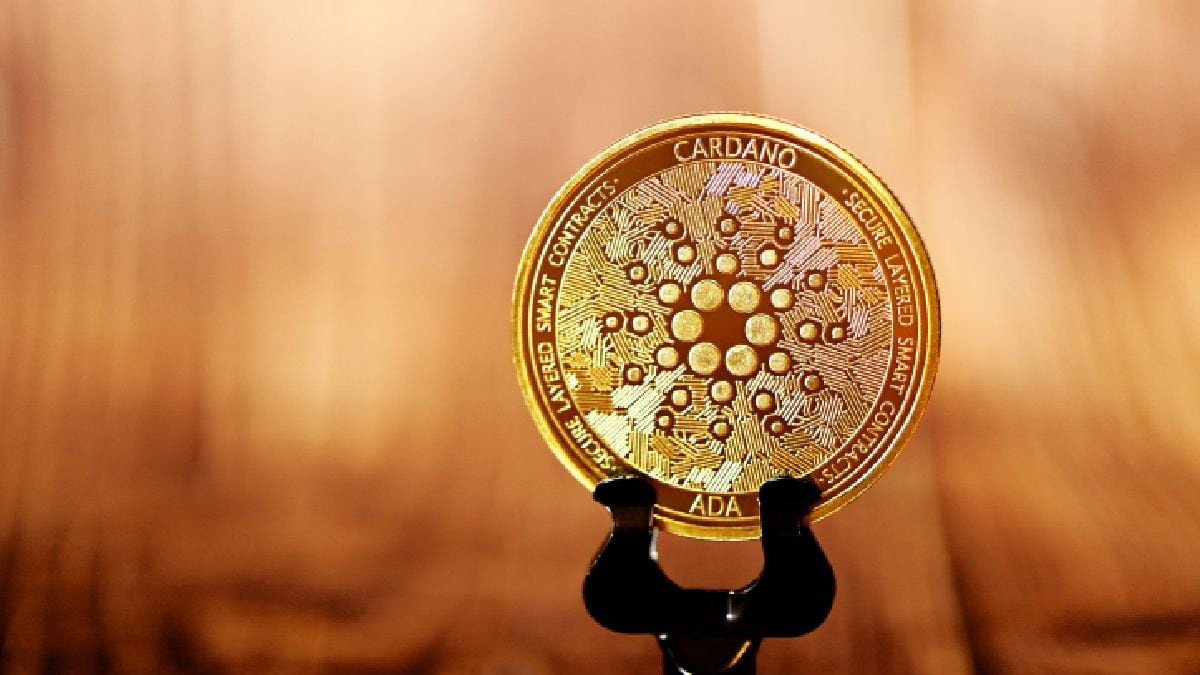
Cardano has successfully carried out its much-anticipated Vasil hard fork — a backwards-incompatible upgrade taking place on the main network that is intended to improve smart contract capabilities, increase the chain’s throughput and reduce costs. The Vasil hard fork upgrade was initially due for late June 2022 but was delayed because of Terra’s collapse and the harsh market conditions, meaning that the team over at the Cardano foundation wanted to do all of the necessary tests and exercise caution before rolling out the upgrade.
To break things down, a hard fork is when participants on a blockchain network decide to split the chain, resulting in two versions of the same network or protocol. The Cardano hard fork aims to make the network much more scalable and improve the experience for Web3 developers to create decentralised apps (dApps) on Cardano.
#Vasil mainnet HFC event successful!🍾
We’re happy to announce that today, at 21:44:00 UTC, the IOG team, in collaboration with the @CardanoStiftung, successfully hard forked the Cardano mainnet via a HFC event, thus deploying new #Vasil features to the chain.
🧶1/5— Input Output (@InputOutputHK) September 22, 2022
This update will also include improvements to Plutus, Cardano’s smart contract platform. Plutus efficiently separates the code that drives smart contracts, which remains off-chain and runs on a user’s machine, from the on-chain validation of transactions. These changes will make it possible for developers to design blockchain-based apps that are more powerful and efficient.
The hard fork will also introduce “diffusion pipelining”. As per a blog post by IOHK, this will streamline performance and increase the amount of data Cardano can handle. Today, blocks of data go through a series of steps. Pipelining allows some of these steps to happen at the same time.
As it stands today, Cardano already has made significant progress. More than 3,200 Plutus (the native smart contract language used on Cardano) scripts exist on the blockchain. And developers are building 1,100 projects there. The blockchain has processed a total of more than 50 million transactions.
Farther down the road, Cardano is heading for another big milestone — the launch of its hydra heads scaling solution. Hydra heads will allow certain operations between a certain number of participants to take place off the main network.
Cryptocurrency is an unregulated digital currency, not a legal tender and subject to market risks. The information provided in the article is not intended to be and does not constitute financial advice, trading advice or any other advice or recommendation of any sort offered or endorsed by NDTV. NDTV shall not be responsible for any loss arising from any investment based on any perceived recommendation, forecast or any other information contained in the article.




















